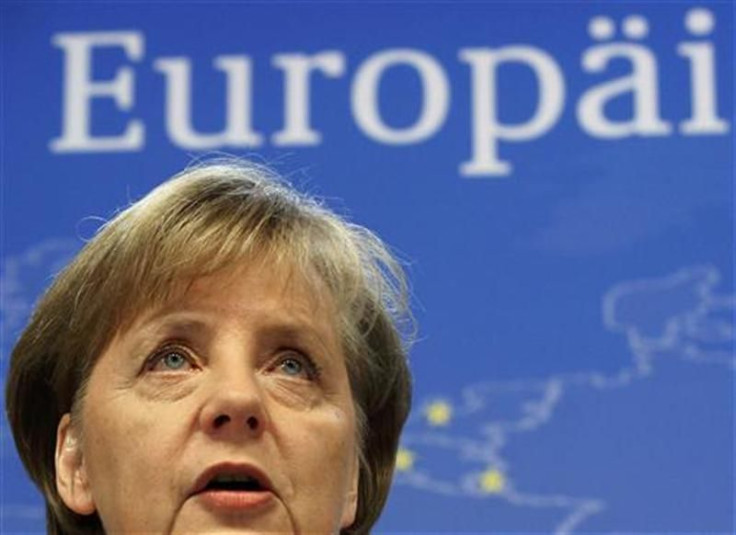Germany's Business Confidence Index Rises For April

The business confidence in Germany increased in April, indicating that the country's economy is continuing to withstand the pressures of looming debt crisis in Eurozone.
According to the Ifo Institute for Economic Research at the University of Munich, Germany's business climate index, which is based on a survey of 7,000 executives, rose to 109.9 from 109.8 in March. The German economy is proving resilient, Ifo president Hans-Werner Sinn said in a press release.
The Ifo expectations index is a relatively good indicator of annual GDP growth in Germany and points to an outturn of around 2 percent, said Capital Economics. Predictions that the German economy will be strong enough to pull the wider Eurozone out of its current problems could well prove wide of the mark, it added.
The German economy contracted by 0.2 percent in the last quarter of 2011 as a result of dampened exports and fragile domestic demands. Meanwhile, the leading economic institutes in Germany have raised the country's growth forecast for 2012 to 0.9 percent from 0.8 percent with the anticipation that the economy will avoid recession with increasing domestic demand.
As in previous years, the main impulses will come from domestic demand, and especially from investment and private consumer expenditure, the institutes said. The economic institutes have forecast a decrease in unemployment to 6.2 percent in 2013 from 6.6 percent in 2012.
There are good chances that the economy can leave behind the difficult winter months, pick up speed in spring and return to faster growth in the course of the year, Germany's Economy Minister Philipp Roesler said in a statement in response to the forecast. Rising employment and positive income developments will make an important contribution, he added.
However, the institutes have warned the sovereign debt crisis threatening the Eurozone could have a damaging effect on its economy of as well. The situation is worsened by the rise in oil prices, a result of the aggravated tension between the West and Iran.
In addition, the slowing growth rate in China, which is one of Germany's largest export markets, is posing another major challenge.
The institutes added that the European Central Bank's policy of keeping interest rates low is benefiting Germany and could lead to higher economic growth. The exporters in Germany are certain to benefit from a weak euro.
© Copyright IBTimes 2024. All rights reserved.











